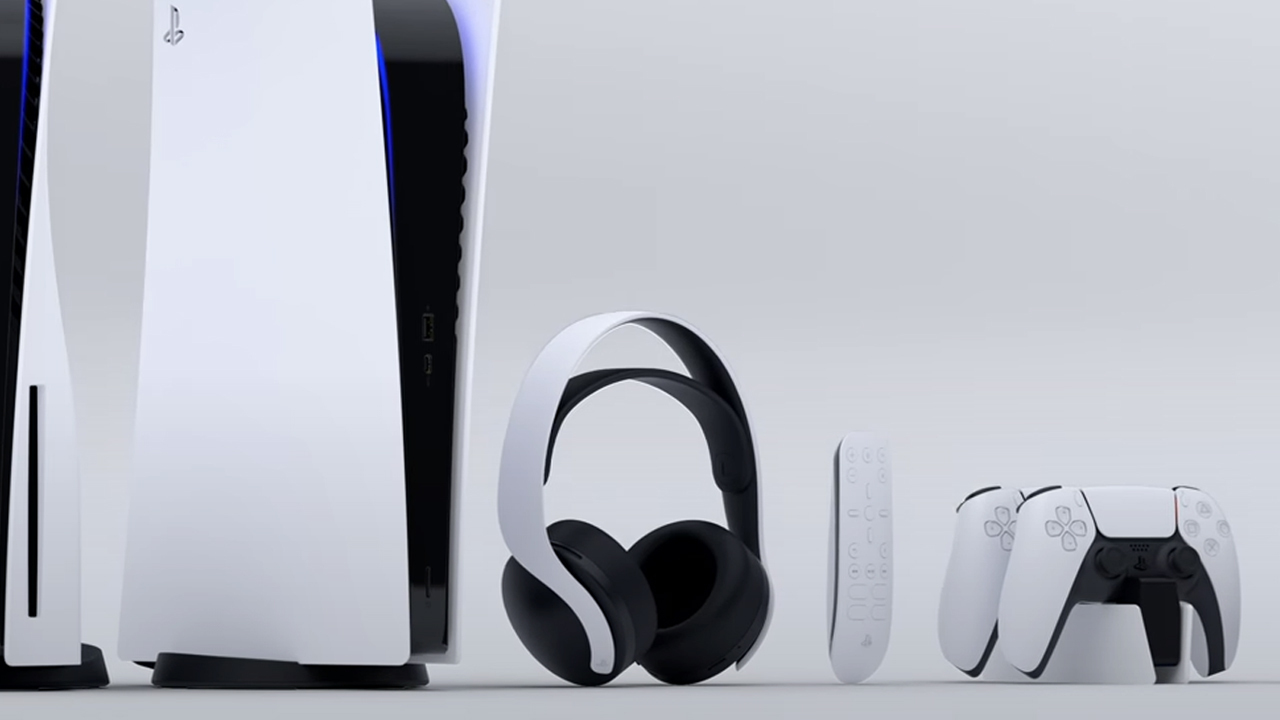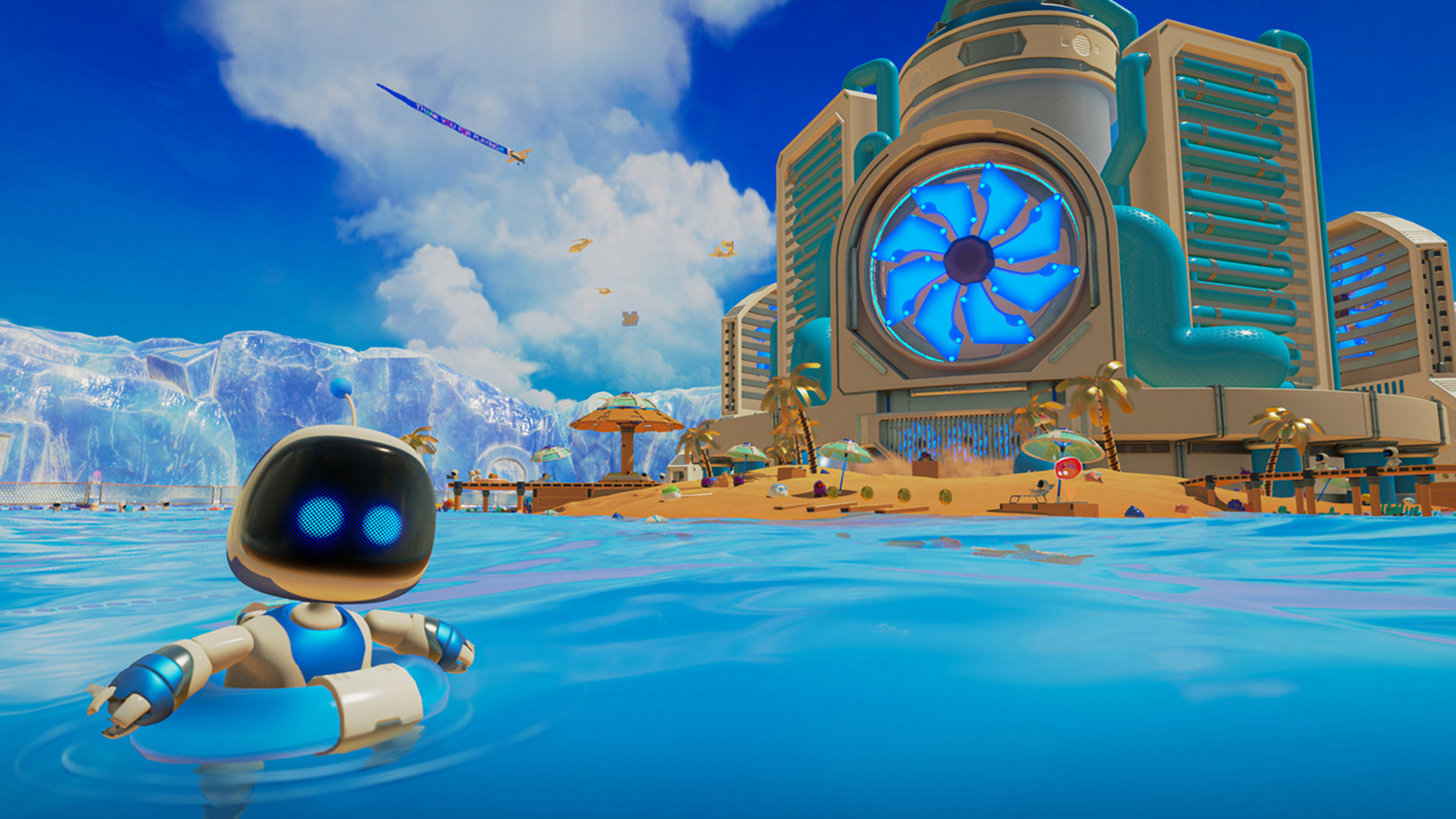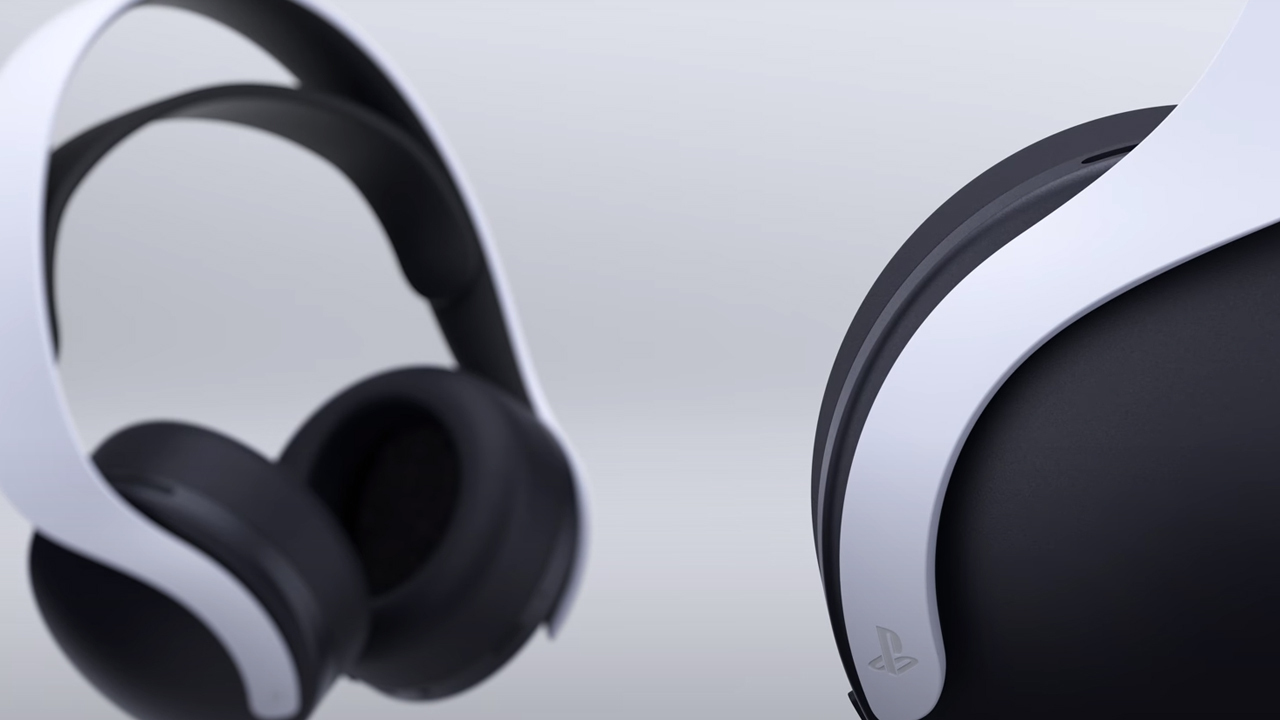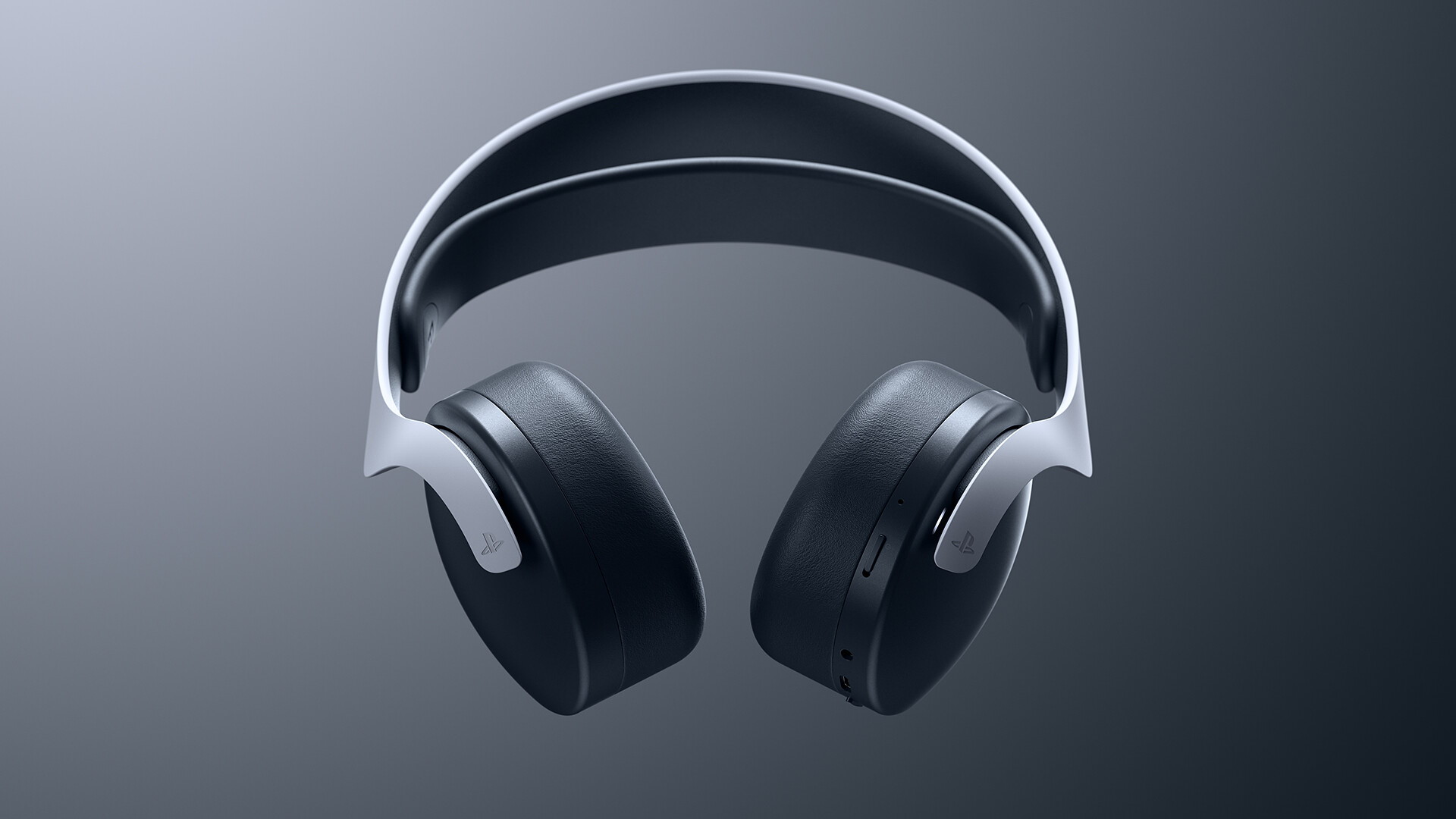GamesRadar+ Verdict
The simplest and swiftest way to embrace PS5's new Tempest 3D AudioTech
Pros
- +
Potential of Tempest 3D AudioTech
- +
Easy to use
- +
Very comfortable
Cons
- -
Not a true standout in a sea of gaming headsets
- -
Built-in microphone could be better
Why you can trust GamesRadar+
At first look, the PS5 Pulse 3D headset is clearly a part of the new PlayStation design family. The same contrasting black and white design, but with a slightly less eyeball punching form. There's no extruding boom mic, and all the tech is discreetly hidden, meaning these could pass for just another set of headphones, rather than screaming 'Twitch streamer'. Beyond that first look, however, and underneath that hood, lies your quickest ticket to the PS5 Tempest 3D AudioTech - which won't be available through TV speakers (including those in the best gaming TV) at launch - and a seamless way to get the most from your new console's audio.

The Tempest 3D AudioTech Ear-a
Right now PS5’s Tempest 3D AudioTech only works with Marvel’s Spider-Man: Miles Morales and Astro’s Playroom, and I am playing both. The headset delivers rich sound as I bounce around noisy platforms with poppy soundtracks as Astro, and gives pleasing layers to the roar of combat in Miles Morales, but it is in the quieter moments that I feel like the Tempest magic really works: footsteps walking away and then behind me through the Morales apartment; Ganke typing on his laptop while my back was turned; ice skaters circling me in Central Park. In Astro's Playroom, it is the rush of spaceships zooming past my head that feels the most '3D'. I can't fault the sound given to me by the Pulse 3D headset in either game, but I also have to work to note which parts "felt" 3D.
The 3D audio tech has been confirmed for Gran Turismo 7, Returnal, Destruction AllStars, Demon’s Souls, Ratchet & Clank: Rift Apart, Sackboy: A Big Adventure, Horizon Forbidden West, and Resident Evil Village. The idea of creeping through Capcom's latest nightmare and hearing things move in the darkness behind me gives me the good kind of chills, so it'll be interesting to see how the 3D audio is rolled out across a growing games library in the coming year or so; this will truly prove if it's in the highest echelons of the best PS5 headsets.
As for listening to music, these aren't the headphones for anyone who can give a 20-minute lecture at a bar about how vinyl sounds warmer, but as a way to block out 2020 with some David Bowie, they worked for me.

Blow me down
Setting up the PS5 Pulse 3D headset was as simple as plugging the standard USB nubbin into the front of my PS5 and turning the headset on. Within seconds sound started streaming to the headset, and my dog could snore on, undisturbed. If you can’t wait to charge them with the included cable - USB-C like the new DualSense controller - there’s an audio cable to plug straight into the DualShock’s headphone jack. You can also use the USB dongle to connect them to your PC or laptop making it an easy multi-platform set to also serve you for those endless Zoom meetings.
The buttons are as minimal as the headset's style: there's volume, mute (perfect for when you're in the middle of a co-op session but need to tell someone your takeout order), a chat and game audio balancer, and a monitor button to let you hear your own voice during gameplay. The hidden dual-microphone system isn't the most sensitive, and tested in voice chat didn't offer a much better experience for the person listening to me babble than the built-in microphone on the DualSense controller. Even with my microphone input settings set to maximum.
One fun note about using the headset with Astro's Playroom: the game has a mechanic where you have to blow into the controller microphone to spin a fan. With the headphones that meant removing them to blow haphazardly on my new headset. Not a quirk I expect to find in many games, to be fair.

Ears the truth
After hours of Miles and Astro, I'm happy to report that my ears are never on fire or begging for release from their new PlayStation prison. The ear cushions feel light and do a good job of blocking out the sounds of a small New York apartment, snoring dog and all, and the headset is clearly designed with weight as a major consideration. The sacrifice is that it doesn't feel as robust or expensive as other options, and there's a definite plastic feel to the finished product.
This isn't the most high-end audio experience available to gamers right now, it must be said; that honor still belongs to the best gaming headsets and in something like the Astro A50s, but they come in at a much higher price: $250 / £300 compared to the Pulse's $100 / £90. For the Pulse 3D's price tag you’re getting style, convenience - no faffing about in the audio options section of menus - brilliant audio, and ears cushioned with cloud-filled pillows of faux leather. And all in an official companion headset, which is no doubt an attraction, particularly as more games and developers adopt the 3D audio tech and approach. As with the best PS4 headset market in the current generation, it'll be interesting to see how the PS5 Pulse 3D headset stacks up against the increasing number of PS5-focused headsets from other manufacturers in the coming months and years.
These won’t replace my Bose noise-canceling headphones for working on my laptop, but it absolutely will be the set I reach for any time I want to really lose myself in a PS5 game.
Here's our all-important verdict on the real star of the show, our PS5 review.

Rachel Weber is the former US Managing Editor of GamesRadar+ and lives in Brooklyn, New York. She joined GamesRadar+ in 2017, revitalizing the news coverage and building new processes and strategies for the US team.



